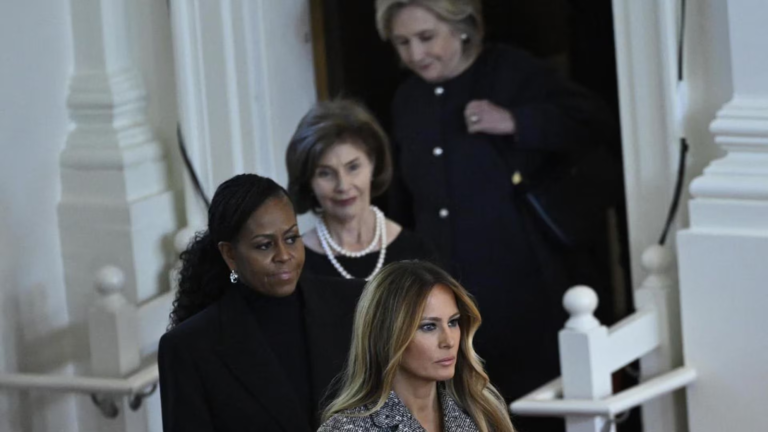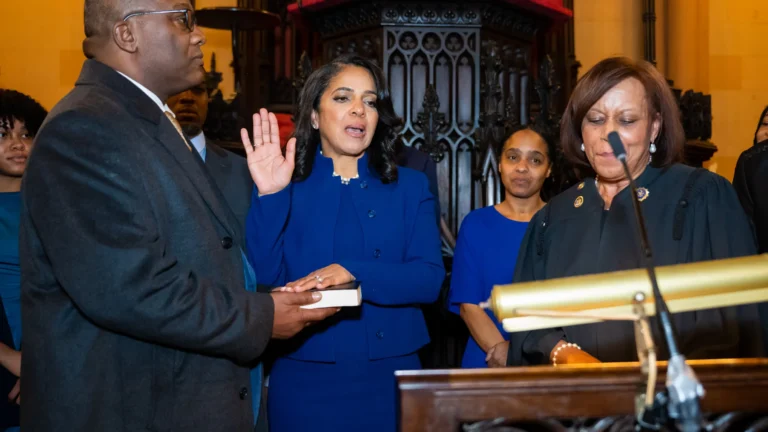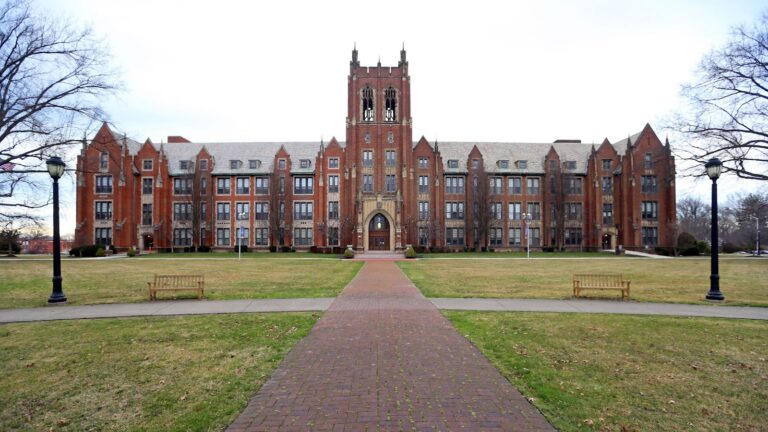
Michelle Obama not at Carter Funeral: A Comprehensive Analysis
In the realm of public discourse, significant national events often become focal points for debates about political symbolism, personal choice, and public duty. One such topic that has sparked extensive discussion is the matter of Michelle Obama not at Carter Funeral. This article provides a comprehensive analysis of the issue, delving into the political, historical, and cultural contexts that frame the debate. Through a detailed exploration, we aim to present a balanced view of the implications surrounding this topic.
Introduction
National events, especially those steeped in historical importance, demand not only ceremonial attendance but also an engagement with collective memory. In this context, the narrative of Michelle Obama not at Carter Funeral has emerged as a topic of interest and debate. As public figures navigate the complexities of modern political life, their participation—or deliberate absence—can reflect broader ideological shifts and personal considerations. This article sets the stage for a nuanced examination of the issue by exploring the various dimensions that influence such high-profile decisions.
Political Implications the event
The decision-making process for attending significant events is inherently tied to political symbolism and strategy. The discussion around Michelle Obama not at Carter Funeral highlights the tension between personal discretion and public expectations. Politically, such decisions may be interpreted as signals of shifting alliances or changes in the dynamics of influence among national leaders.
Political analysts suggest that deliberate absences can serve as potent statements, sending messages that transcend mere logistics. In the case of Michelle Obama not at Carter Funeral, the debate centers on whether the absence was a calculated political maneuver or a personal choice made in light of competing priorities. This scrutiny reflects broader questions about the role of ceremonial participation in reinforcing political unity and continuity, especially in times of national reflection.
Media Coverage and Public Response
Media plays a pivotal role in framing public perception of notable absences at ceremonial events. Coverage of the issue has been extensive, with commentators and pundits offering a range of interpretations regarding Michelle Obama not at Carter Funeral. News outlets have analyzed the absence from multiple angles—political strategy, personal preference, and even the pressures of modern media scrutiny.
Social media platforms have further amplified the debate, where diverse opinions converge and conflict. Many online discussions focus on whether the decision was indicative of a broader trend among public figures distancing themselves from traditional ceremonial roles. The coverage not only shapes public sentiment but also influences the way historical narratives are constructed. The controversy surrounding Michelle Obama not at Carter Funeral thus serves as a case study in the power of media to mold collective memory.
Historical Precedents and Significance
Historically, the attendance of prominent figures at national events has been viewed as a vital aspect of statecraft. Ceremonies and funerals for past leaders are steeped in tradition, acting as rituals that reaffirm a nation’s continuity and respect for its history. Against this backdrop, the conversation about Michelle Obama not at Carter Funeral prompts a reexamination of longstanding expectations.
Scholars note that historical precedents often provide context for understanding contemporary decisions. In previous eras, the presence of influential figures at significant events was almost assumed to be a given. However, evolving societal norms and the increasing importance of personal autonomy have complicated this assumption. By analyzing historical instances of similar absences, researchers aim to determine whether the current debate is part of a broader shift or an isolated incident unique to today’s political landscape.
Implications for Future Ceremonial Attendance: Insights from Carter Funeral
As political figures continue to navigate the dual demands of public duty and personal choice, the implications of their decisions extend far beyond individual events. The case of Michelle Obama not at Carter Funeral has raised important questions about the future of ceremonial participation. What message does an absence send, and how might it influence the expectations placed on public figures in future events?
Experts suggest that if such absences become more common, they could signal a transformation in how ceremonial roles are perceived. The traditional view of mandatory attendance at state functions may evolve into a more flexible understanding of public service, where personal and strategic considerations play a larger role. Insights drawn from the debate over Michelle Obama not at Carter Funeral are likely to inform future policies and practices regarding the participation of high-profile individuals in national ceremonies.
Reflecting on Cultural Shifts and Public Memory
The interplay between personal choice and public duty is also deeply embedded in cultural expectations. Ceremonial events have long served as touchstones of national identity, where collective memory is reinforced through shared rituals and symbolic gestures. The controversy surrounding Michelle Obama not at Carter Funeral brings these cultural dimensions into sharp relief.
Cultural commentators argue that the changing landscape of public life, marked by increased individualism and media saturation, is reshaping long-held traditions. As societal values evolve, so too does the meaning of participation in state events. The debate over Michelle Obama not at Carter Funeral offers a window into how cultural shifts can alter public expectations and redefine the symbols of national unity. This reflection is critical for understanding how current practices may pave the way for future developments in political and cultural engagement.
Conclusion: Reflecting on Michelle Obama not being at Carter Funeral
In conclusion, the multifaceted discussion surrounding the absence of a key public figure at a significant national event provides an opportunity to reexamine the intersection of politics, history, and culture. The case of Michelle Obama not at Carter Funeral serves as a catalyst for deeper reflection on how public figures navigate the demands of ceremonial participation amidst evolving societal norms.
The debate encapsulates the tensions between political symbolism and personal autonomy, highlighting how each decision can influence collective memory and historical narratives. As this article has explored, the ramifications of such high-profile absences extend into the future, potentially reshaping the expectations placed on public figures during pivotal national moments.
Additional Reflections
Further analysis reveals that the controversy, particularly in relation to Michelle Obama not at Carter Funeral, offers valuable insights into the challenges faced by modern leaders. Their choices are scrutinized not only for immediate impact but also for their lasting implications on public trust and legacy.
Moreover, ongoing debates underscore the need for a balanced perspective that recognizes both personal choice and the collective significance of ceremonial traditions. The narrative of Michelle Obama not at Carter Funeral invites continued dialogue among scholars, media analysts, and the public, ensuring that historical events are examined through a lens that appreciates their complexity and enduring influence.



